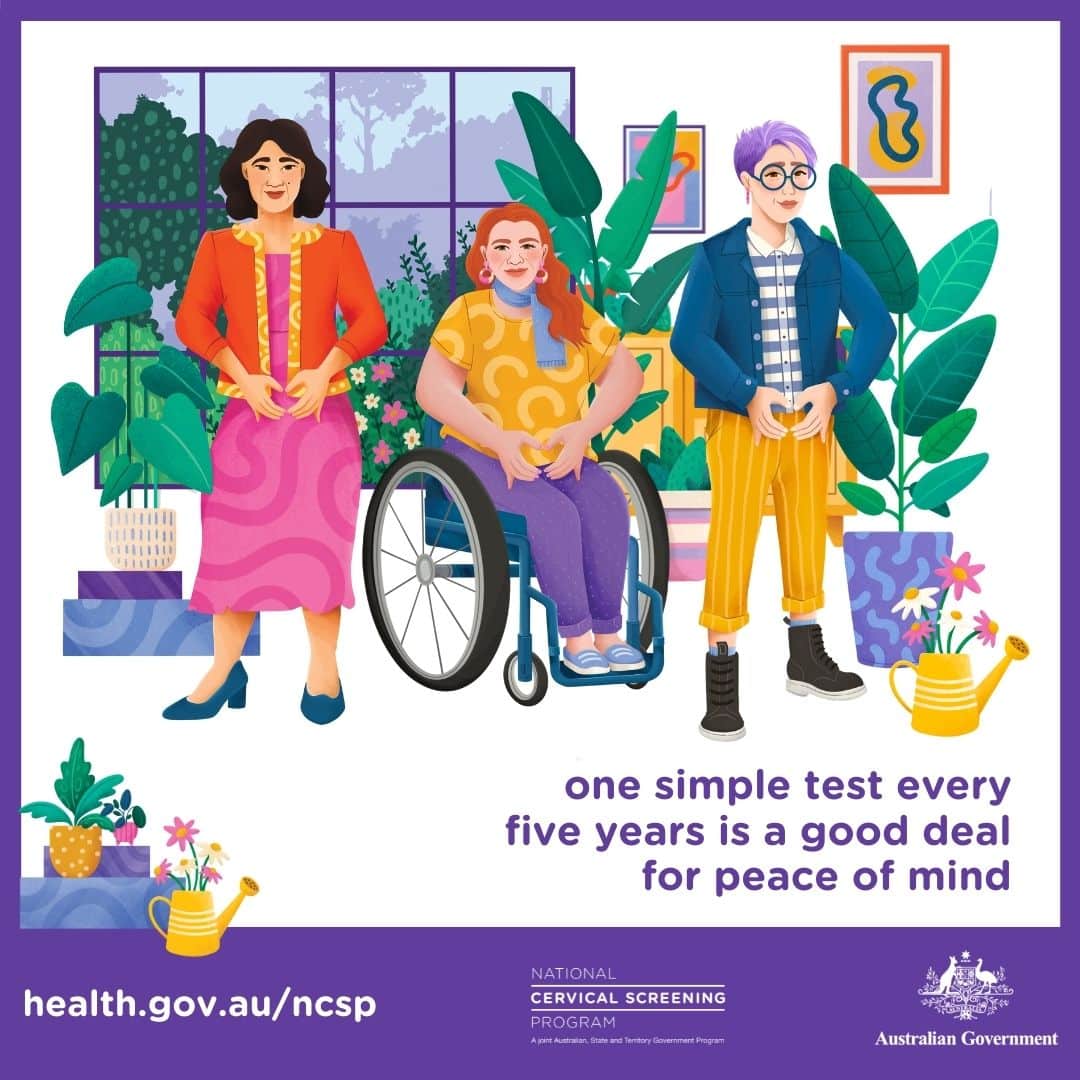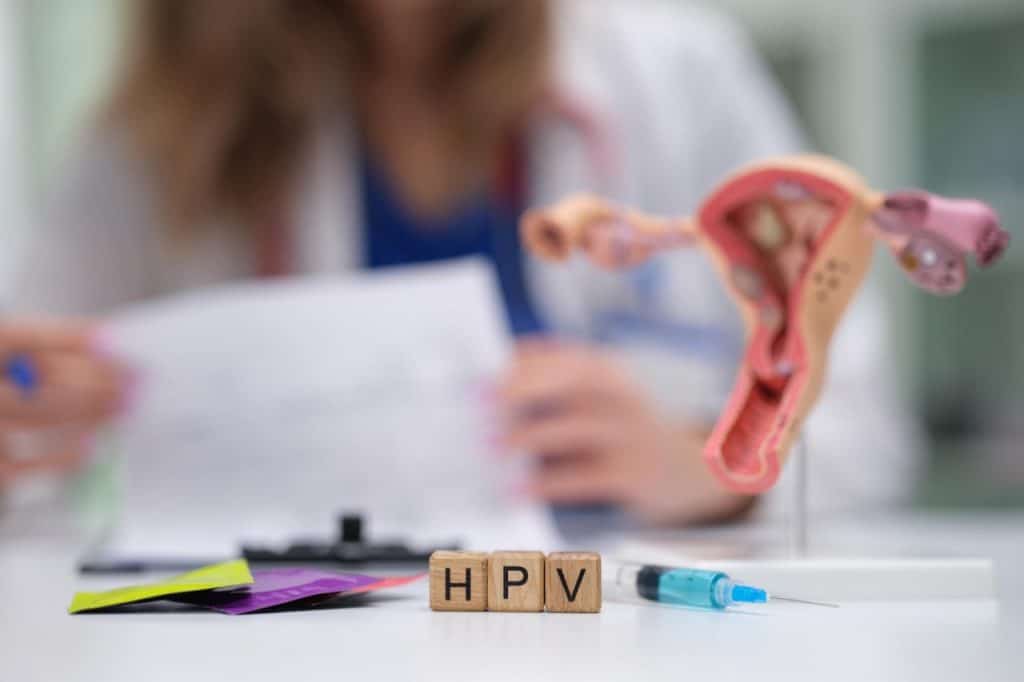
Did you know? The Human Papillomavirus (HPV) vaccine, has it’s origins right here in Brisbane at the University of Queensland. HPV causes the majority (>99%) of cervical cancer and since HPV vaccination was introduced into Australia’s National Immunisation Program, we are witnessing significant decreases in cervical cancer rates. Australia is committed to eliminating cervical cancer as a public health issue. Importantly, the HPV vaccination is available for both males and females, not just females.
Why Is This Important?
Despite the effectiveness of the HPV vaccination, ongoing vigilance regarding cervical screening is essential. In December 2017, the National Cervical Cancer Screening Program (NCCSP) underwent significant changes. The previous two-year Pap test, which began at age 18, has been replaced with a five-year Cervical Screening Test (CST) that starts at age 25. This new test focuses on detecting the presence of HPV. There are exceptions to these guidelines, so if you have any uncertainties or missed routine HPV vaccinations during school, it is important to consult your GP. The CST allows for early detection and intervention, facilitating timely referrals to a gynecologist if necessary.We often encounter patients from overseas who may lack access to the HPV vaccination in their home countries and are eager to receive it. We are so lucky to live in a country that prioritizes public health! Additionally, recent changes mean that individuals under 26 years old, who are outside the typical immunisation age, require only one dose of the vaccine to be considered fully protected, rather than the usual three doses. There may also be catch-up vaccination programs available, funded by Queensland Health, for eligible patients. We encourage proactive discussions about vaccination during your appointments.It is also crucial to see your GP if you experience new symptoms, even if you have recently had a normal CST. Symptoms to watch for include abnormal vaginal bleeding, unusual vaginal discharge, or persistent deep dyspareunia (painful intercourse). While the testing for these symptoms may resemble screening, it involves evaluating for cellular changes that could indicate underlying issues. Rest assured, discussions about sexual health and any concerns you may have are confidential. Your GP is there to support you in a safe and private environment, ensuring that your health information remains protected.
Despite the effectiveness of the HPV vaccination, ongoing vigilance regarding cervical screening is essential. In December 2017, the National Cervical Cancer Screening Program (NCCSP) underwent significant changes. The previous two-year Pap test, which began at age 18, has been replaced with a five-year Cervical Screening Test (CST) that starts at age 25. This new test focuses on detecting the presence of HPV. There are exceptions to these guidelines, so if you have any uncertainties or missed routine HPV vaccinations during school, it is important to consult your GP. The CST allows for early detection and intervention, facilitating timely referrals to a gynecologist if necessary.We often encounter patients from overseas who may lack access to the HPV vaccination in their home countries and are eager to receive it. We are so lucky to live in a country that prioritizes public health! Additionally, recent changes mean that individuals under 26 years old, who are outside the typical immunisation age, require only one dose of the vaccine to be considered fully protected, rather than the usual three doses. There may also be catch-up vaccination programs available, funded by Queensland Health, for eligible patients. We encourage proactive discussions about vaccination during your appointments.It is also crucial to see your GP if you experience new symptoms, even if you have recently had a normal CST. Symptoms to watch for include abnormal vaginal bleeding, unusual vaginal discharge, or persistent deep dyspareunia (painful intercourse). While the testing for these symptoms may resemble screening, it involves evaluating for cellular changes that could indicate underlying issues. Rest assured, discussions about sexual health and any concerns you may have are confidential. Your GP is there to support you in a safe and private environment, ensuring that your health information remains protected.
Take the Next Step
If you are uncertain about your HPV vaccination status or wish to discuss the CST/NCCSP, please reach out to us today. Together, we can work towards building a healthier future for you and the community. Your health is our priority, and we are here to help!
If you are uncertain about your HPV vaccination status or wish to discuss the CST/NCCSP, please reach out to us today. Together, we can work towards building a healthier future for you and the community. Your health is our priority, and we are here to help!

